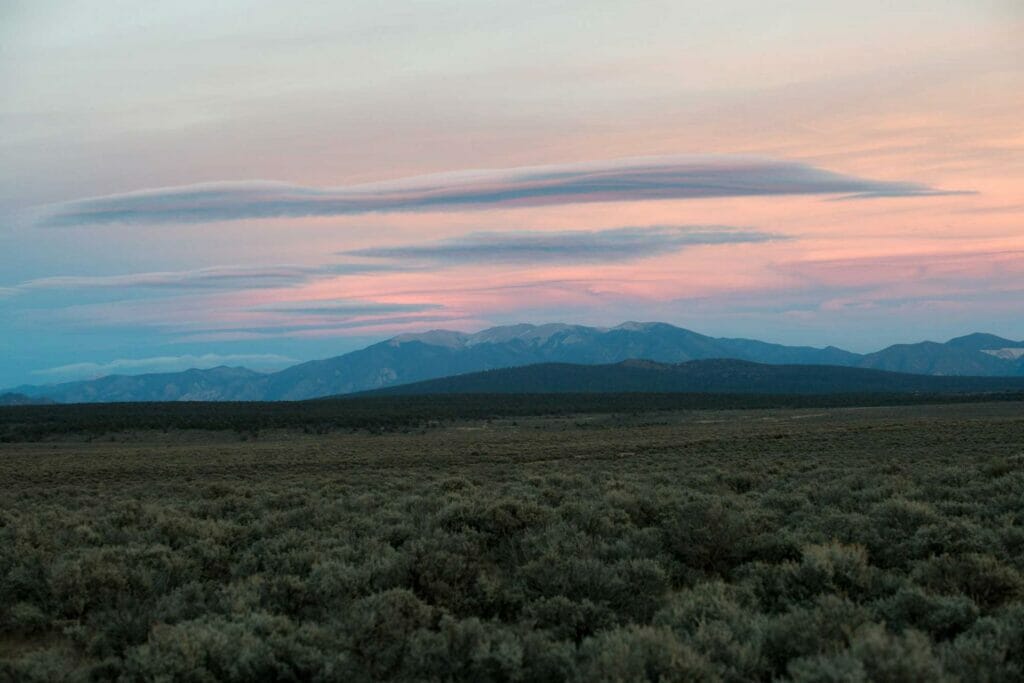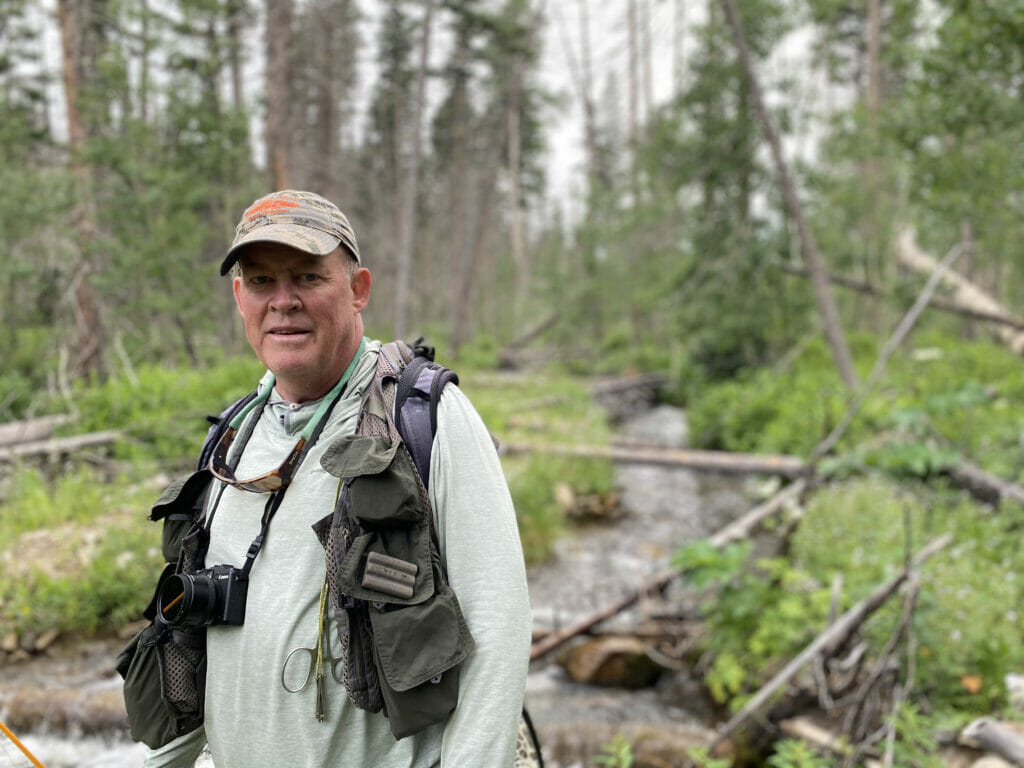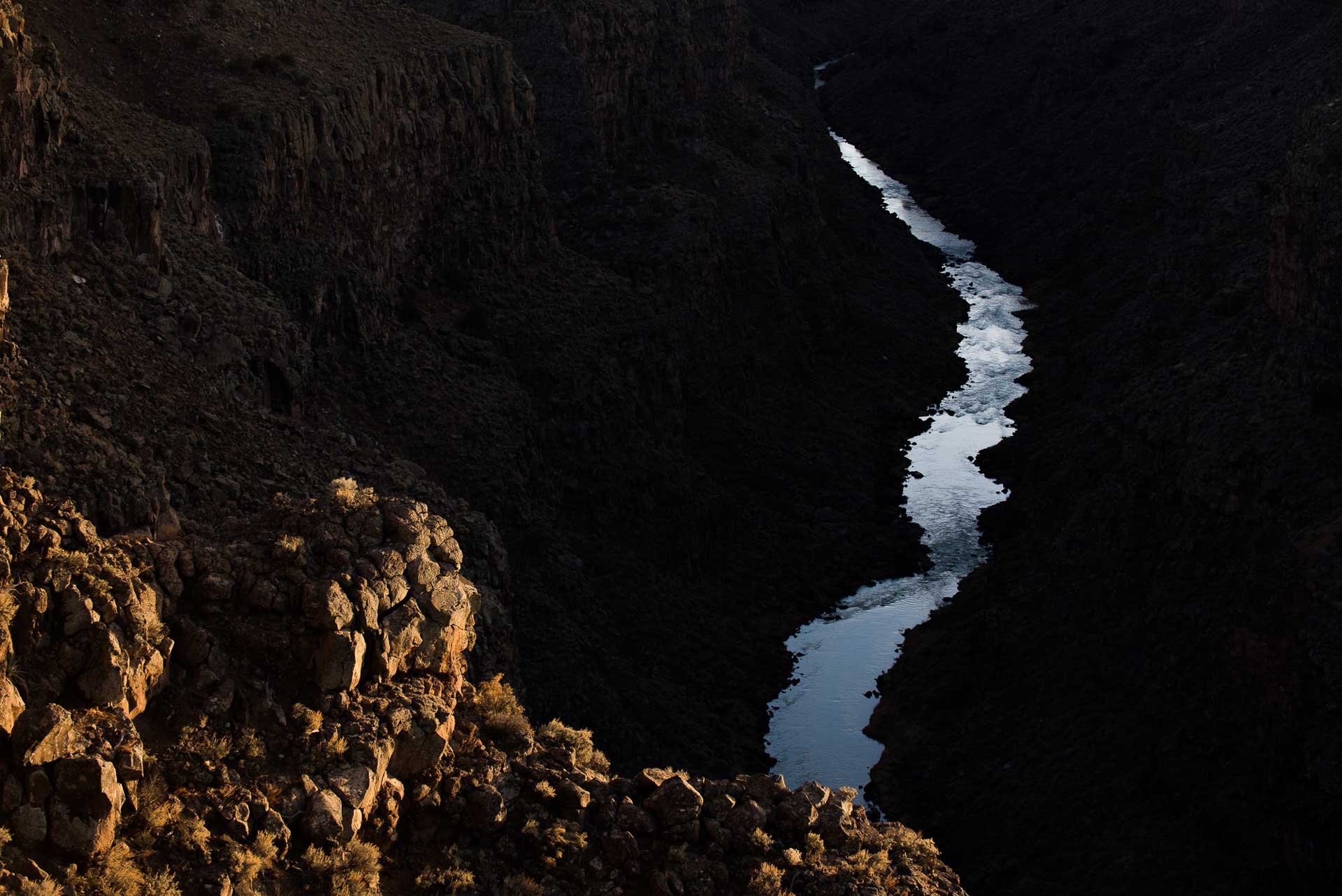I want to share a quintessential Trout Unlimited story.
Last week, I was virtually testifying before a subcommittee of the House Natural Resources Committee on a mundanely named, but important, bill called the Legacy Roads and Trails Act.
As usual, the government affairs team had me well prepared to advocate for a bill that would provide $100 million a year to help the Forest Service maintain roads that erode into streams, fix perched culverts, and otherwise help to reconnect habitat for trout and salmon.
The Legacy Roads and Trails Act is a bipartisan and non-controversial bill. Classic Trout Unlimited stuff. I answered a few questions, and was ready to sign off when I received a text from one of the Natural Resources Committee staff: “Just wanted to flag that Ms. Leger-Fernandez is planning to ask you a question at the end.”
As she prepared to close the hearing, Representative Leger-Fernandez (D-NM) said, “Chris, I want you to know that my son interned for Trout Unlimited doing beaver dam construction to help replicate the important work beavers do to help riparian areas and flood plains. It has been life changing for him. He has now changed his major to one that focuses on natural resources.”
A week after the hearing, I called her son, Abelino Leger-Fernandez. He will be entering his junior year at a prestigious college in California this fall. He talked about how he was planning to be an economics major but realized after working with us, that his heart was in natural resources.

I asked if he was an angler, and he said no. He then said, “My family has been in New Mexico for many generations, and we all know that life forms around the water–agriculture, recreation, biodiversity, and even our state’s cultural history. It all focuses on water.”
At the hearing, Congresswoman Leger-Fernandez said, “Trout Unlimited has such a positive reputation in the rural parts of New Mexico. My constituents see you all as problem solvers who are trying to bring fish back but also to make the lives of people who live in these communities better. Toner Mitchell is a shining example of someone who understands how to work with communities to get things done.”
“My family has been in New Mexico for many generations., and we all know that life forms around the water–agriculture, recreation, biodiversity, and even our state’s cultural history. It all focuses on water.”
Abelino Leger-Fernandez
Toner has led major efforts in rural communities such as Questa, N.M., that were formerly “resource dependent” communities (in this case, dependent on mining before it shut down) to realize that they may remain resource dependent, but the resource they depend on is a healthy and thriving river that flows through their town.
This is the kind of fundamental change that will help to create more advocates to care for and recover the lands and waters that sustain our great nation.

Toner and so many other Trout Unlimited staff and volunteers are always quick to resolve thorny local issues on Capitol Hill, whether it’s public access, grazing, or anything else. Toner is always ready and willing to help. He is at the vanguard of an effort to help drive a closer connection among, wild and native fish, rural communities and the lands that surround (and sustain) them. These kinds of efforts help to close the urban-rural divide, and draw America closer.
Toner’s most important work, however, may be in helping young men and women such as Abelino to understand the imperative of giving back to the lands and waters that sustain our nation.
Three cheers for the leaders such as Toner and the young people such as Abelino who heed the call!



